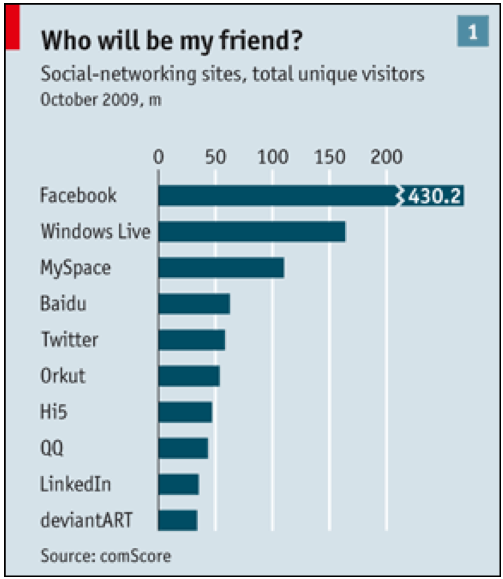What happens if someone posts an unflattering, or worse, a scandalous or compromising picture of you on Facebook? What are your rights? That's a sensitivity that we need to start nurturing by training our kids -- and our employees -- to use online tools responsibly', says Anna O'Brian, a PHD student in digital technology.
It is said that technology becomes part of our critical infrastructure when it crosses the threshold from the 'techie' world into the 'everyday' world like Skype, Google, and now Twitter.
So what happens when only some of us know how to use these connective technologies to improve our lives (as opposed to overwhelming ourselves even more). In other words, what happens when only a small portion of online users is actually digitally literate?

With social networking sites reaching ubiquity, the internet allows anyone with access to ask any question and if you're smart about it, you'll get a useful answer -- if you know where to look and how to connect the dots. But how do you wade through all of the information on the web and make sense of it all to do what you want to do?
Millions of people every day spend an inordinate amount of time meandering around social networking sites, discussion groups, e-commerce sites and blogs without getting a return on their time investment. More often than not, they simply get weighed down with TMI -- too much information.
At a Wired magazine panel at the Social Media Week Conference in NY, I asked a roomful of tech connoisseurs how to save time and accelerate one's digital literacy learning curve. Here are a few tips:
Be strategic. Prioritize your steps and not just in business.
Begin by asking yourself a few questions: What are your online consumption priorities in both your personal and your business lives? Who gives you the most online value because they've aggregated information that is pertinent to you?
Identify what minds you want to follow online - those that add value to your life, your business, your industry and to your head space; what online tools are they using and how; Determine how best to interact with them.
Organizing and filtering your information is key and Twitter List is a still underestimated yet simple tool. Just pick your favorite curators - the people you trust the most on Twitter to aggregate information that is pertinent to you - ignore those who tell you what they had for breakfast.
Some people know how to consume digital info and some people don't.
Twitter curators like @scobleizer (for technology), @savvyauntie (kids) and @garyvee (social media and wine), can teach you how best to use the resources at your fingertips. Tweet after tweet, they tirelessly share useful links and generously respond to most inquiries with good humor and empathy.
Just how important is it to learn digital literacy skills these days?
Beyond saving inordinate amounts of time when sorting and filtering information, digital literacy enables you to find any resource then produce and distribute just about any message or idea to millions of people online. Many an entrepreneur and social activist has profited from the opportunity. But when the majority of the population still doesn't know the difference between a web page and an application, will we be divided into two classes, those with access to timely critical information and those without?
As Meebo's CEO, Seth Sternberg, put it: "I really fear that we aren't teaching people the proper skills to really participate in this economy. It's really scaring the crap out of me."
Juliette Powell is an author, entrepreneur and integrated media specialist. Her first book: 33 Million People in the Room (Financial Times Press, 2009) builds on her work as co-founder and COO of the Gathering Think Tank Inc., an innovation forum at the intersection of integrated media, business, innovation and technology.